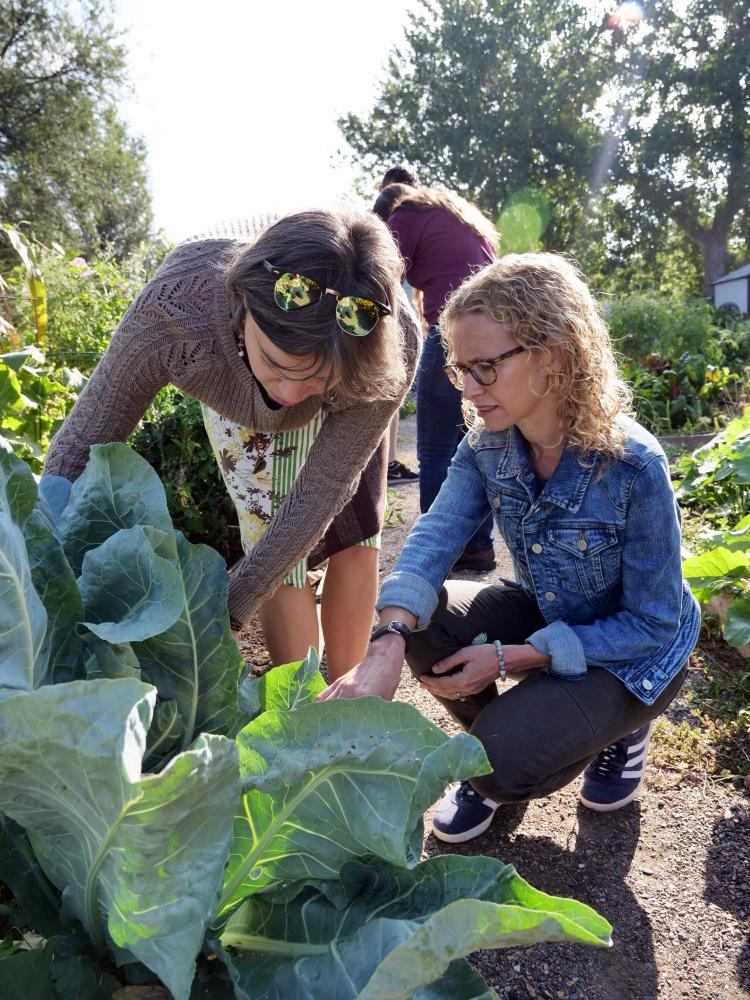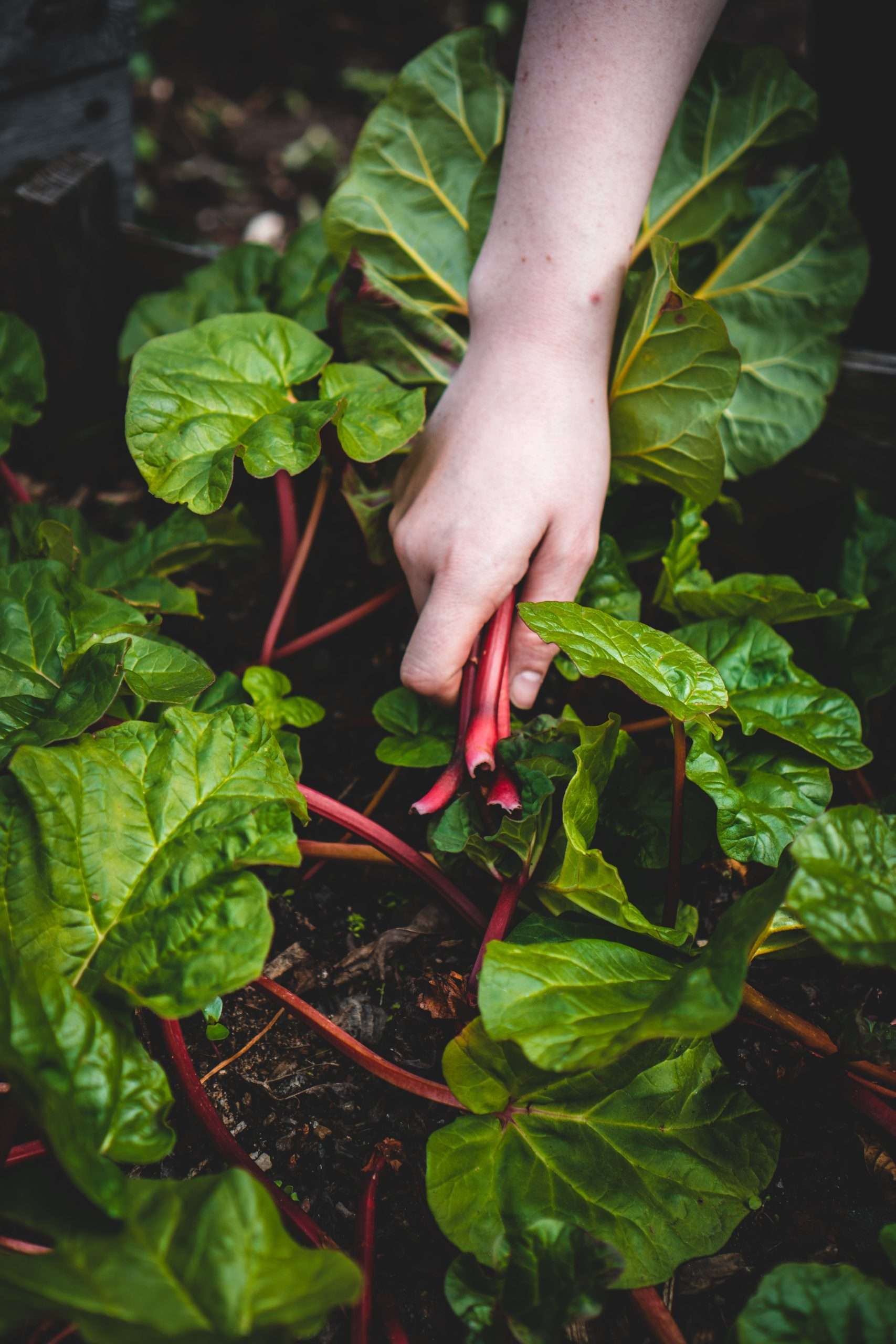Article adapted from The scientific reasons you should resolve to start gardening in 2023, first published by Lisa Marshall at CU Boulder Today
Anyone who has gardened can tell you that gardening has a powerful effect on both mind and body, and we’re excited to share new research confirming those outcomes!
DUG was honored to be a partner in a 3-year (2018-2020) randomized trial exploring the physical and mental health benefits of community gardening funded by American Cancer Society and conducted by researchers from University of Colorado Boulder, Colorado State University, University of North Carolina at Chapel Hill, Michigan State University, University of Colorado Anschutz Medical Campus, University of South Carolina, and Urban Institute.
Read the results of The Community Activation for Prevention Study (CAPS) study here.
The study, operated exclusively in DUG gardens, found that people who started gardening ate more fiber and got more physical activity—two known ways to reduce risk of cancer and chronic diseases. They also saw their levels of stress and anxiety significantly decrease.

Professor Jill Litt (right) checks on a plant with colleague Erin Decker (left) at a community garden next to Regis University. Photos by Glenn Asakawa/CU Boulder, 2017.
Filling the research gap
Some small observational studies have found that people who garden tend to eat more fruits and vegetables and have a healthier weight. But it has been unclear whether healthier people just tend to garden, or gardening influences health.
Only three studies have applied the gold standard of scientific research, the randomized controlled trial, to the pastime. None have looked specifically at community gardening.
To fill the gap, senior author Jill Litt, a professor in the Department of Environmental Studies at CU Boulder, recruited 291 non-gardening adults, average age of 41, from the Denver area. More than a third were Hispanic and more than half came from low-income households.
After the last spring frost, half were assigned to the community gardening group and half to a control group that was asked to wait one year to start gardening.
The gardening group received a free community garden plot, some seeds and seedlings, and an introductory gardening course through the nonprofit Denver Urban Gardens program and a study partner.
Both groups took periodic surveys about their nutritional intake and mental health, underwent body measurements and wore activity monitors.
By fall, those in the gardening group were eating, on average, 1.4 grams more fiber per day than the control group—an increase of about 7%.
The authors note that fiber exerts a profound effect on inflammatory and immune responses, influencing everything from how we metabolize food to how healthy our gut microbiome is to how susceptible we are to diabetes and certain cancers.
While doctors recommend about 25 to 38 grams of fiber per day, the average adult consumes less than 16 grams.
“An increase of one gram of fiber can have large, positive effects on health,” said co-author James Hebert, director of University of South Carolina’s cancer prevention and control program.
The gardening group also increased their physical activity levels by about 42 minutes per week. Public health agencies recommend at least 150 minutes of physical activity per week, a recommendation only a quarter of the U.S. population meets. With just two to three visits to the community garden weekly, participants met 28% of that requirement.
Study participants also saw their stress and anxiety levels decrease, with those who came into the study most stressed and anxious seeing the greatest reduction in mental health issues.
The study also confirmed that even novice gardeners can reap measurable health benefits of the pastime in their first season. As they have more experience and enjoy greater yields, Litt suspects such benefits will increase.
The study results don’t surprise Linda Appel Lipsius, executive director of Denver Urban Gardens (DUG). “It’s transformational, even life-saving, for so many people,” Lipsius said.
Many DUG participants live in areas where access to affordable fresh fruits and vegetables is otherwise extremely limited. Some are low-income immigrants now living in apartments—having a garden plot allows them to grow food from their home country and pass on traditional recipes to their family and neighbors.
The social connection is also huge.
“Even if you come to the garden looking to grow your food on your own in a quiet place, you start to look at your neighbor’s plot and share techniques and recipes, and over time relationships bloom,” said Litt, noting that while gardening alone is good for you, gardening in community may have additional benefits. “It’s not just about the fruits and vegetables. It’s also about being in a natural space outdoors together with others.”



